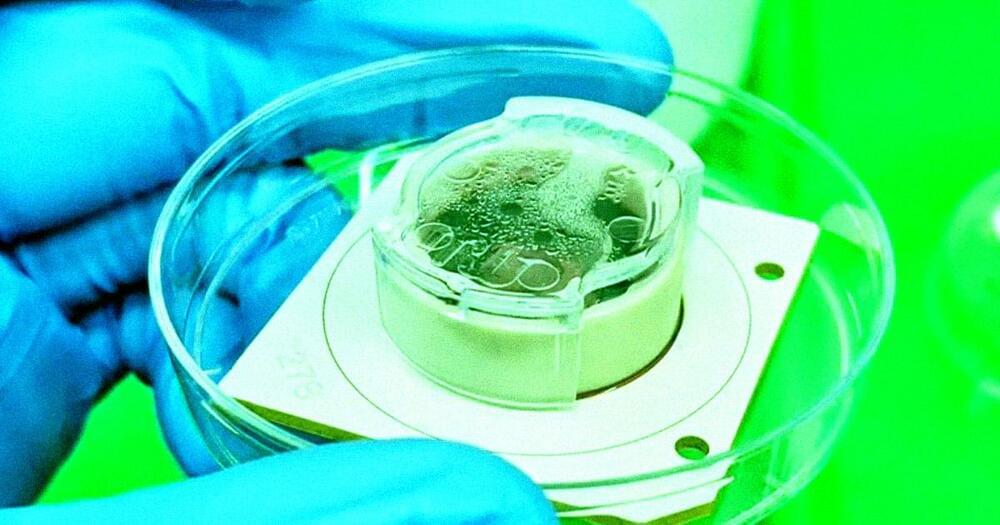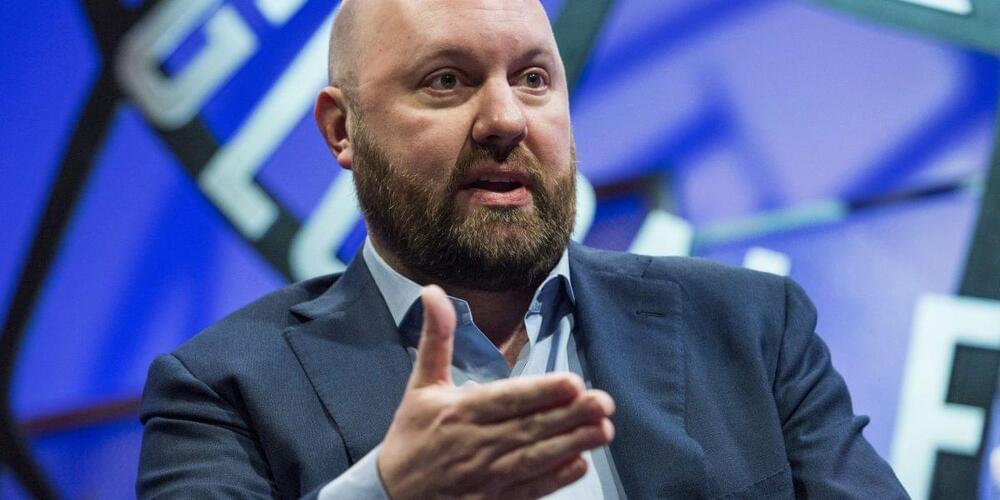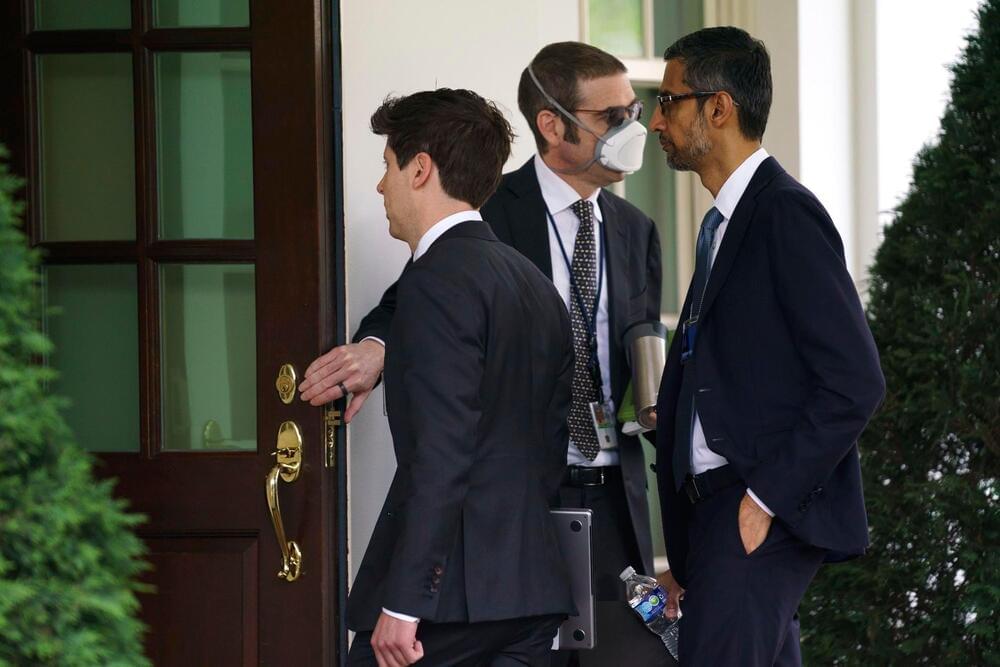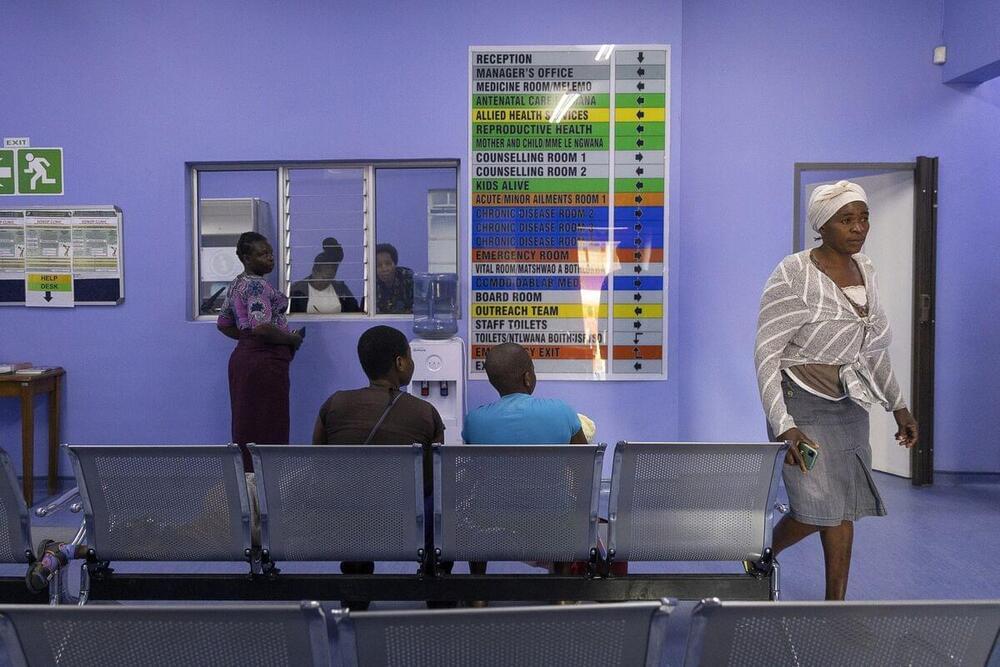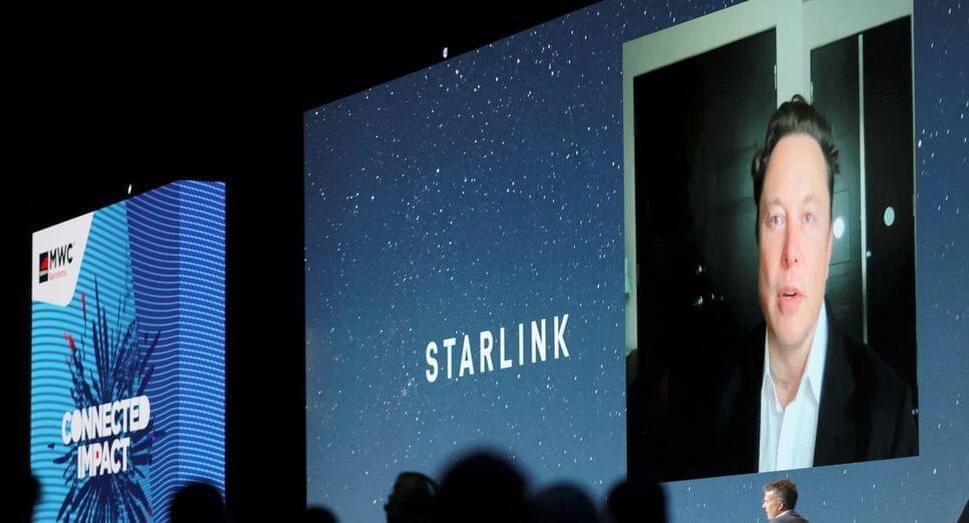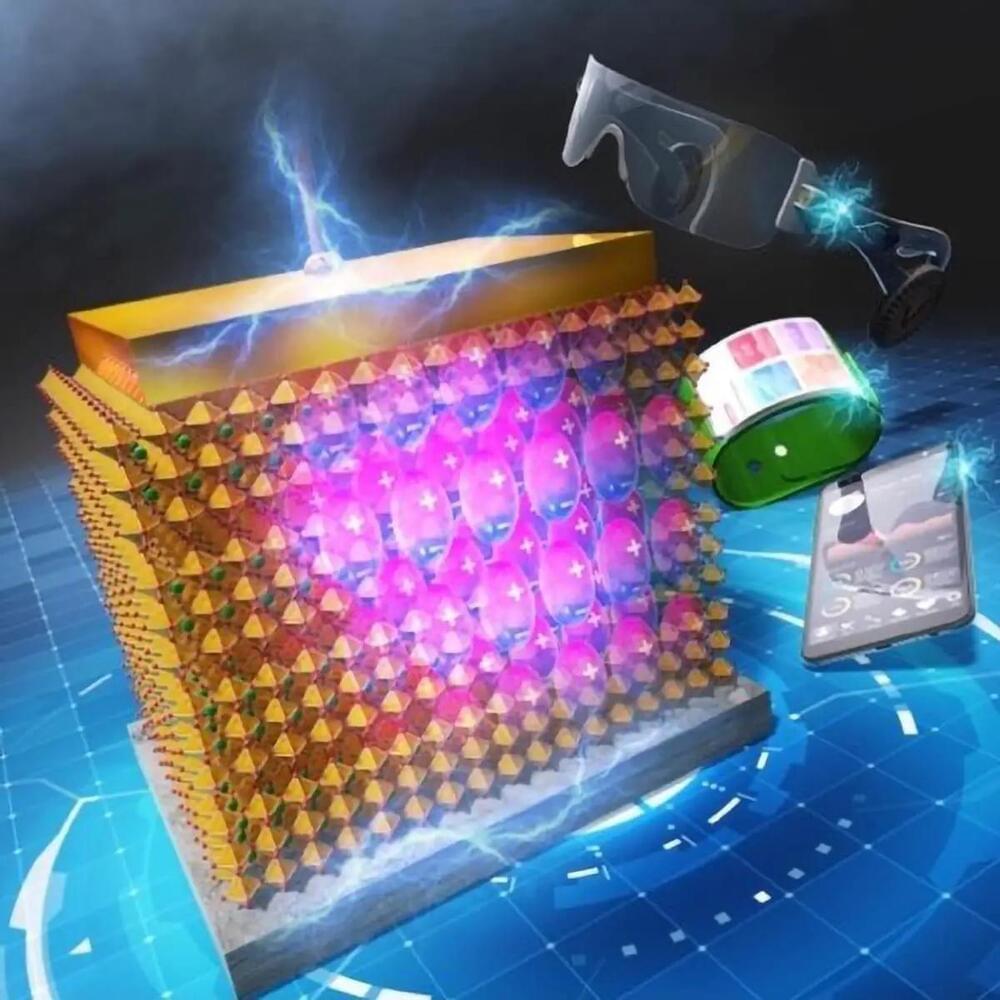The Biden administration announced on Friday a voluntary agreement with seven leading AI companies, including Amazon, Google, and Microsoft. The move, ostensibly aimed at managing the risks posed by AI and protecting Americans’ rights and safety, has provoked a range of questions, the foremost being: What does the new voluntary AI agreement mean?
At first glance, the voluntary nature of these commitments looks promising. Regulation in the technology sector is always contentious, with companies wary of stifling growth and governments eager to avoid making mistakes. By sidestepping the direct imposition of command and control regulation, the administration can avoid the pitfalls of imposing… More.
That said, it’s not an entirely hollow gesture. It does emphasize important principles of safety, security, and trust in AI, and it reinforces the notion that companies should take responsibility for the potential societal impact of their technologies. Moreover, the administration’s focus on a cooperative approach, involving a broad range of stakeholders, hints at a potentially promising direction for future AI governance. However, we should also not forget the risk of government growing too cozy with industry.
Still, let’s not mistake this announcement for a seismic shift in AI regulation. We should consider this a not-very-significant step on the path to responsible AI. At the end of the day, what the government and these companies have done is put out a press release.
Follow me on Twitter or LinkedIn.
